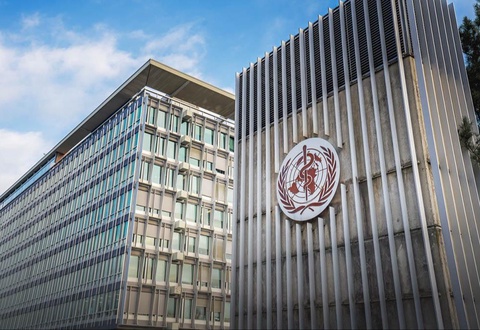According to estimates, in 2019, atmospheric air pollution (outdoor air) Both urban and rural areas have led to 4.2 million premature deaths worldwide; this mortality is due to exposure to fine dispersed particles that lead to the development of cardiovascular, respiratory and oncological diseases.
According to WHO estimates, in 2019, about 68% of premature deaths due to atmospheric air pollution occurred as a result of coronary heart disease and stroke, 14% as a result of chronic obstructive pulmonary disease, 14% as a result of acute lower respiratory tract infections and 4% as a result of lung cancer.
Residents of low- or middle-income countries bear a disproportionate burden of diseases caused by air pollution: These areas account for 89% of cases (out of 4.2 million premature deaths). The greatest burden of disease is found in the WHO regions of Southeast Asia and the Western Pacific.
Reducing the impact of major sources of air pollution can be achieved through policies and investments that encourage the development of more environmentally friendly modes of transport, improving the energy efficiency of buildings, electric power and industrial production, as well as improving municipal waste disposal systems. In some regions, household clean energy supply systems will also significantly reduce ambient air pollution.












